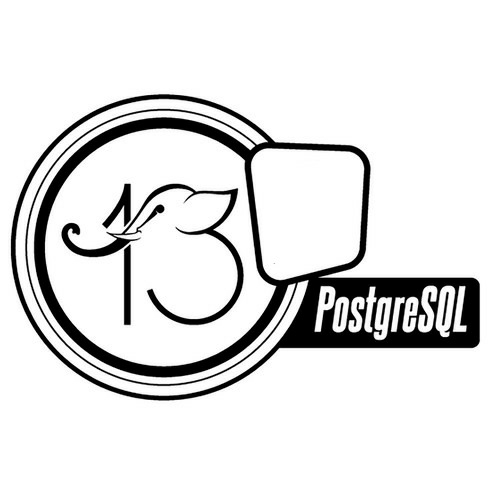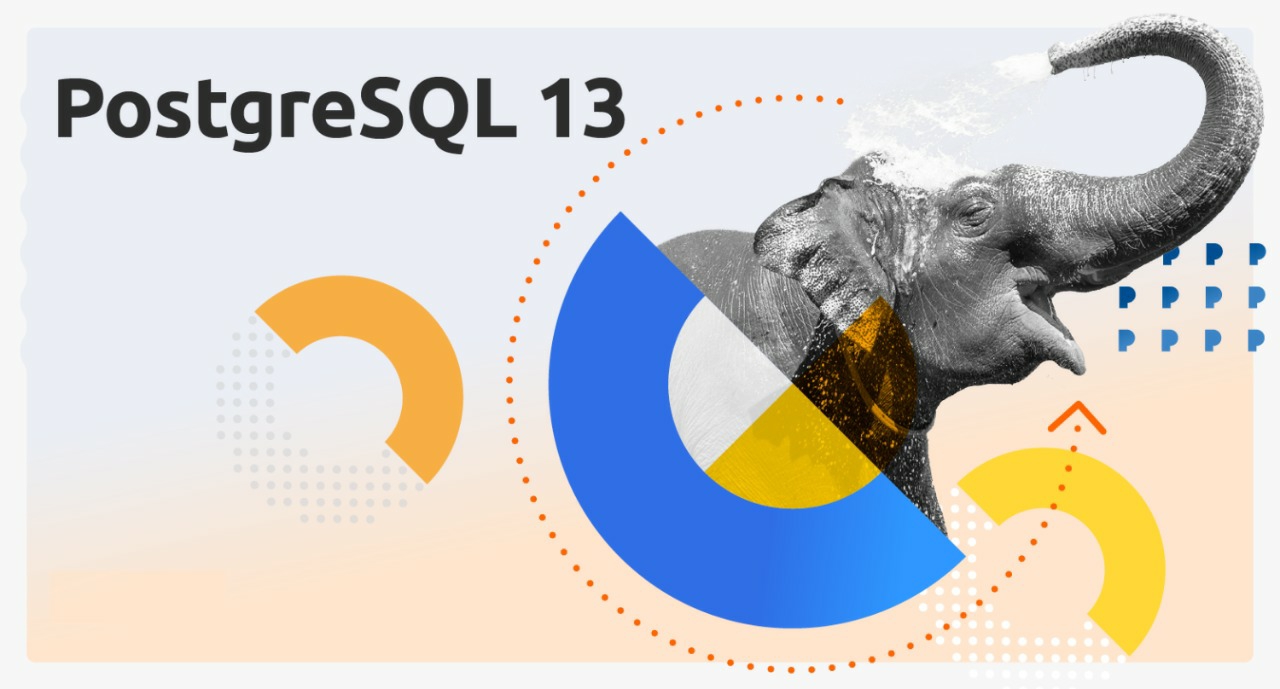
May 13, 2021: PostgreSQL 13.3, 12.7, 11.12, 10.17, and 9.6.22 Released!
The PostgreSQL Global Development Group has released an update to all supported versions of our database system, including 13.3, 12.7, 11.12, 10.17, and 9.6.22.
For the full list of changes, please review the release notes.
This release closes three security vulnerabilities and fixes over 45 bugs reported over the last three months. Following are the Security Issues fixed in this Minor release:
- CVE-2021-32027: Buffer overrun from integer overflow in array sub-scripting calculations
- CVE-2021-32028: Memory disclosure in
INSERT ... ON CONFLICT ... DO UPDATE - CVE-2021-32029: Memory disclosure in partitioned-table
UPDATE ... RETURNING
Related Blogs
Red Hat and CentOS Roadmap Changes
Red Hat and CentOS announced that the lifecycle of the CentOS Linux 8 operating system has been cut short and CentOS Linux 8 – as a rebuild of RHEL 8 – will end December 2021. Red Hat and CentOS have announced several significant changes to the CentOS Linux roadmap that may affect your PostgreSQL deployments.
Red Hat revealed it would be shifting focus from CentOS Linux to CentOS Stream. CentOS Stream is not a replacement for CentOS Linux; it tracks just ahead of a current RHEL release serving as its upstream (development) branch. The news around CentOS Stream is new and evolving. Red Hat mentions CentOS Stream as a “rolling preview” of RHEL and recommends that its customers use Red Hat Enterprise Linux for production deployments. EDB will continue to monitor progress and adoption around CentOS Stream and will provide more information by Q3 2021.
The following articles from partner sites provide more information around the changes mentioned above:
PostgreSQL 13 Released!!!
This is a Major version release - PostgreSQL 13 contains many new features and enhancements, including:
-
Space savings and performance gains from de-duplication of B-tree index entries
-
Improved performance for queries that use aggregates or partitioned tables
-
Better query planning when using extended statistics
-
Parallelized vacuuming of indexes
-
Incremental sorting



